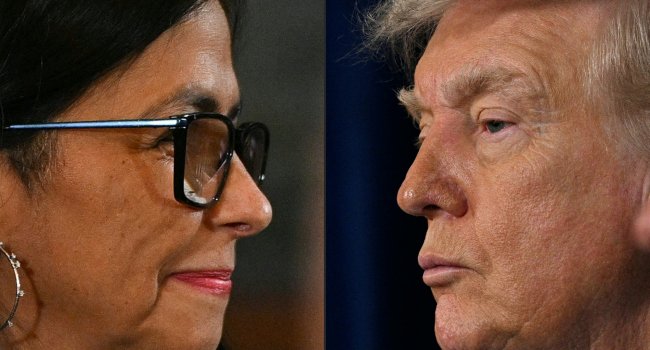Oilwatch Africa has expressed deep concern over the actions of oil companies operating in Nigeria and across the continent. The group is calling on the Nigerian government to take immediate action by assuming control and ensuring the proper clean-up of polluted lands, as well as providing adequate compensation to affected communities.
During the recently concluded Africa Energy summit in the United Kingdom, Salome Nduta, the coordinator of Oilwatch Africa, highlighted the disturbing behavior of multinational corporations. Nduta emphasized that Africa should not be viewed as merely a geographical location, but rather as a vulnerable entity that is constantly being exploited for the benefit of its captors. Nduta stressed the need for polluters to be held accountable for the loss and damage inflicted on communities throughout Africa.
“Oilwatch Africa calls on the Nigerian government to take charge and ensure the proper clean-up of polluted lands, and to compensate the affected communities for the damages they have suffered,” Nduta stated. “As a group, we further urge all African governments to invest in renewable energy, considering the true cost of extraction, which is causing more harm than good to its people.”
Nnimmo Bassey, a member of Oilwatch’s steering committee, expressed his displeasure with oil companies’ lack of seriousness in maintaining their facilities. Bassey lamented the fact that these companies, instead of rectifying the damages caused by their activities, are investing more in expanding areas of potential threat.
Bassey specifically mentioned the recent oil spills in Rivers State and called for immediate action by the Hydrocarbons Pollution Remediation Project (HYPREP) to clean up the affected areas. One oil spill occurred on June 13, 2023, in the Eteo community, originating from a pipeline owned by Shell. Another spill took place in Oke-Olebo stream, which is the sole source of fresh water for the Eleme Local Government Area of Rivers State, on Sunday, June 18, 2023.
Bassey emphasized the detrimental impact of new investments in the fossil fuels sector, warning that they may push the world into a climate catastrophe. He also criticized the misguided approach taken by nations during climate negotiations, as they fail to address the threats posed by incessant oil spills.
Regarding the ongoing clean-up process, Bassey called on the Hydrocarbons Pollution Remediation Project (HYPREP) to consider the consequences of these new oil spills and ensure that those responsible are held accountable. He stressed the importance of taking immediate steps to guarantee a cleaner environment and the urgent need for transparency and accountability in dealing with offending parties.



